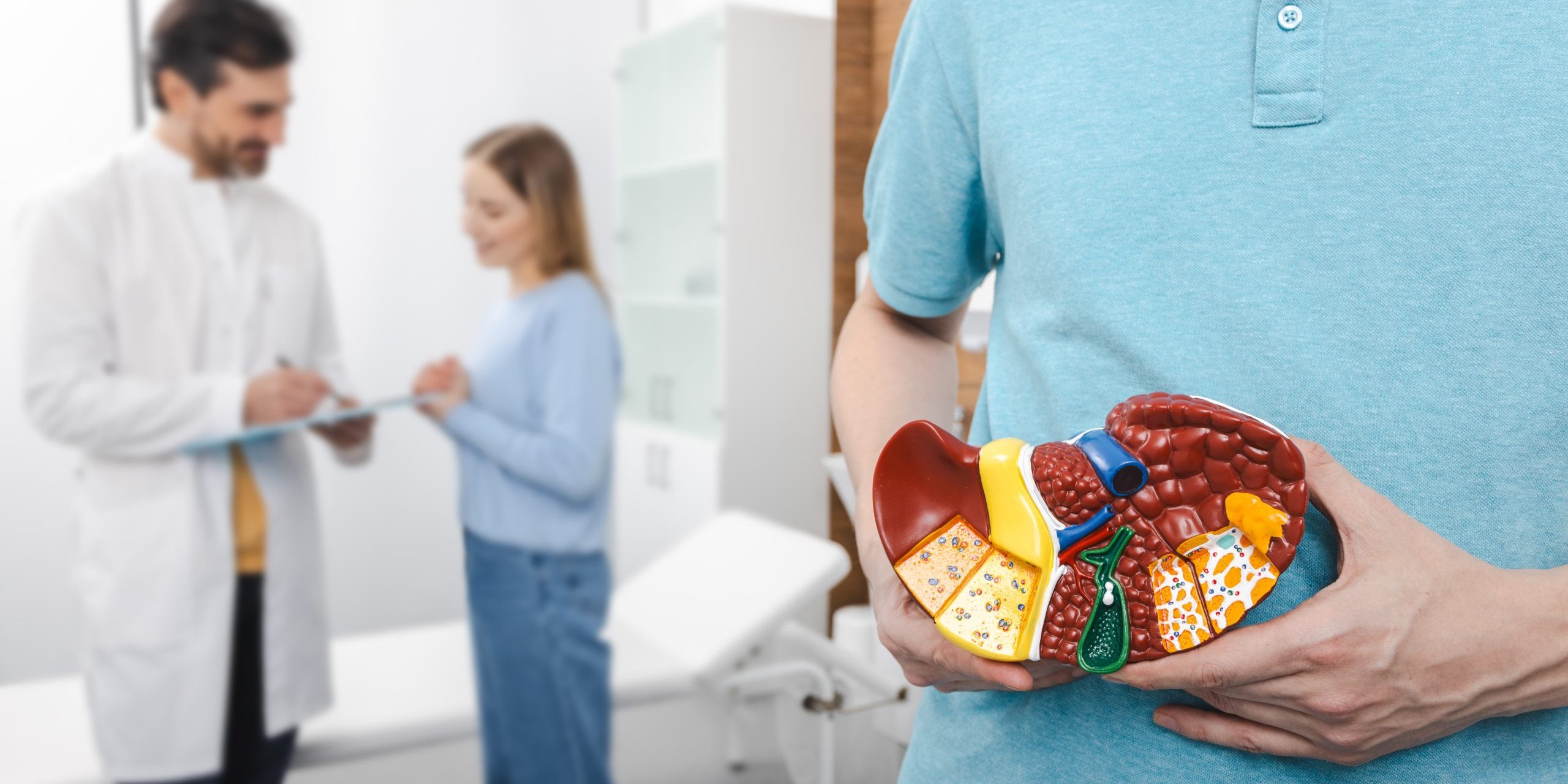Fatty liver disease is one of the most common liver conditions affecting people today. It occurs when excess fat builds up in the liver, potentially leading to serious health problems. At Parkchester Medical, we aim to educate our community about the causes, risks, and management of this condition to support better liver health.
What Is Fatty Liver Disease?
Fatty liver disease refers to the accumulation of fat in liver cells. There are two main types:
- Non-Alcoholic Fatty Liver Disease (NAFLD): Occurs in people who drink little or no alcohol. It is often linked to obesity, diabetes, and high cholesterol.
- Alcoholic Fatty Liver Disease (AFLD): Caused by excessive alcohol consumption.
If left untreated, fatty liver disease can progress to more severe liver conditions such as inflammation (steatohepatitis), fibrosis, cirrhosis, or even liver failure.
Symptoms to Watch For
Fatty liver disease often has no symptoms in the early stages. As the condition progresses, you may experience:
- Fatigue
- Abdominal discomfort or pain (especially in the upper right side)
- Unexplained weight loss
- Weakness
Risk Factors
Several factors can increase your risk of developing fatty liver disease:
- Being overweight or obese
- Having type 2 diabetes or insulin resistance
- High cholesterol or triglycerides
- Poor diet, especially high in sugar and refined carbs
- Lack of physical activity
- Excessive alcohol intake (for AFLD)
Prevention and Management
The good news is that fatty liver disease can often be prevented and even reversed with lifestyle changes. Here are some tips:
- Maintain a Healthy Weight: Losing just 5-10% of your body weight can significantly reduce liver fat.
- Exercise Regularly: Aim for at least 30 minutes of moderate exercise most days of the week.
- Eat a Balanced Diet: Focus on vegetables, fruits, whole grains, lean proteins, and healthy fats. Avoid sugary drinks and processed foods.
- Limit Alcohol: Even small amounts of alcohol can worsen liver damage in some individuals.
- Control Diabetes and Cholesterol: Managing these conditions can slow or stop the progression of fatty liver disease.
When to Seek Medical Advice
If you are at risk or experiencing symptoms, talk to your healthcare provider. Liver function tests, imaging studies, and sometimes a liver biopsy may be used to diagnose and monitor the disease.
Don’t wait—schedule an appointment today to learn more about your liver health and how we can support you.






